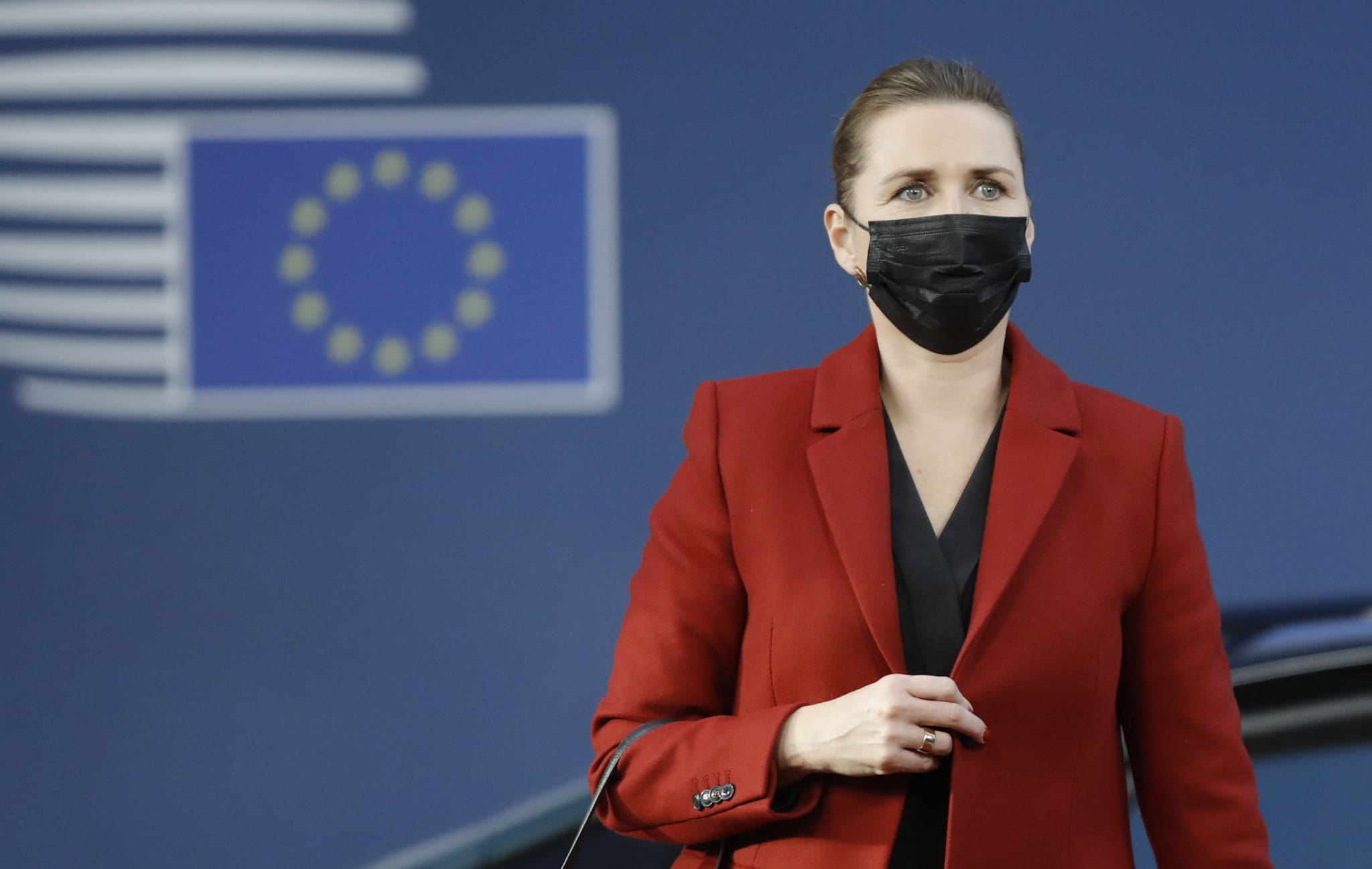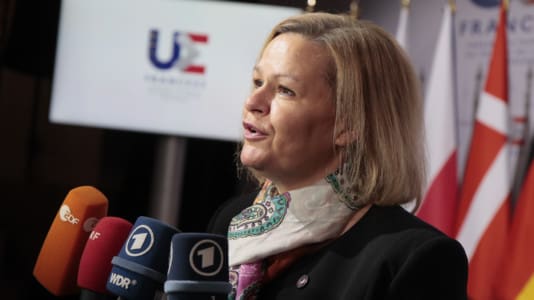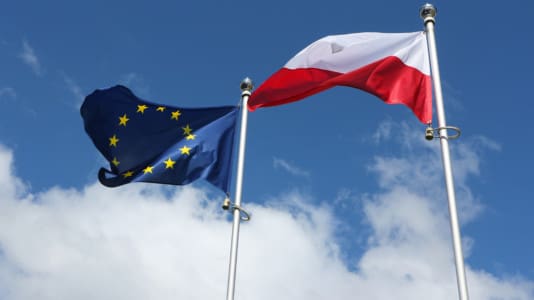EU immigration and border control are on the agenda of the European interior ministers’ meeting in the French town of Tourcoing, and Denmark already wants to be the winner in the fight against immigration in Europe.
As a part of these efforts, Danes have particularly revoked residence permits for many of the Syrian migrants who arrived in the country.
The Danish policy on immigration is no surprise given that Social Democrat Prime Minister Mette Frederiksen said that her goal was to have no asylum seekers on Danish soil. The government is now working to outsource asylum procedures to countries outside Europe, especially to Africa. Denmark is also the first country in Europe to authorize the return of Syrians to Damascus, the Syrian capital, now considered by the Danish authorities as “safe.”
Polling shows the position is popular. A YouGov poll from 2018 found that 65 percent of Danes were against accepting any more migrants. A 2019 poll from the same firm found that 31 percent of Danes believed that immigration provided absolutely no benefit to the country.
[pp id=16263]
Thomas Gammeltoft-Hansen, a professor at Copenhagen Law School, said that the policies against immigration are working so far, but it may actually be the so-called parties of the “right” who are looking to relax immigration rules. Although he does not specify which parties, those on the right who support neo-liberal economic policies often demand cheap foreign labor to prop up big business and create pressure on wages, a policy seen from mainstream wing of the Republican Party in the United States over the last three decades.
“A majority of Danes support a very restrictive asylum and migration policy. Most political parties in the Danish parliament also want a change in migration. But we can see changes. Recently, for example, voices have been raised, particularly in right-wing parties, for the rules to be relaxed, because the labor market requires more labor work from abroad,” he assumed.
While on Wednesday, Feb. 2, Emmanuel Macron affirmed his wish to strengthen EU border controls, Denmark is closing itself off more and more.
[pp id=5766]
The Danish government’s hardline stance on migration may be a reflection of the serious integration problems from its migrant community, giving rise to the existence of parallel societies and serious strain on the country’s budget through welfare, education, and integration programs. The country’s interior minister, Mattias Tesfaye, has even praised Hungary’s tough migration policy, noting that the country has avoided the crime and integration problems seen in other Western European countries.
“It was a mistake to criticize Hungarian Prime Minister Viktor Orbán for raising a barbed wire wall at the border in 2015,” Tesfaye told the press last year after a meeting of EU interior ministers in Brussels.
“As is well known, initially the majority of European leaders strongly criticized the establishment of the southern border lock, but now more and more people acknowledge that the Hungarian prime minister was right in the migration debate.”
Although the Danish policy is seen as harsh, it has been effective, drawing the ire of NGOs like Refugees Welcome association.
“The typical case is that we have young men and adult men who will be able to stay because they would risk being enlisted in the army if they returned. Young girls and single women will lose their protection because they have no political reason to ask for asylum,” Michala, a member of the NGO, claimed.
[pp id=5819]
“Families are separated. Parents, for example, are sent to detention centers while their children are allowed to stay and continue their education and life in Denmark,” she added.
The case of the family of Nadia Doumani, a young Syrian who arrived three years ago, represents the highly effective Danish practice.
“They revoked the residence permit of my mother, my little brother, my father, and mine. Of course, we appealed because we would risk death if they sent us back to Syria. We escaped the Assad regime and came here to Denmark to find peace,” Dourmani stated.
In countries that have been more welcoming to immigrants, such as Sweden, murders and crime are rampant, mostly brought on by the country’s large migrant community. The country has since made a U-turn on immigration, as polling shows the overwhelming majority of Swedes want to curtail immigration and put caps on the numbers coming in.
Denmark appears to be staying ahead of the curve and taking measures to bring the migration problem under control before the situation devolves further as it did in Sweden.





